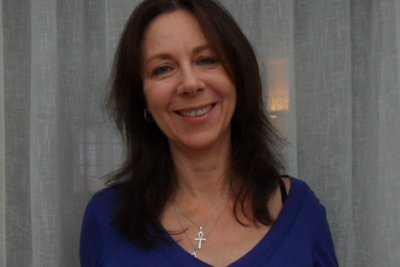22 May 2023
By Ellie Haworth, SCIE Head of Partnerships and Practice Improvement
My daughter is in Year Ten, midway through her GCSEs. Her school arranged for them all to have a careers talk with a career advisor. I wasn’t present but my daughter reported home on this interaction. The careers advisor is a professional in her field and I am not a qualified careers advisor. She told my daughter the following:
“Should you be doing so many GCSEs, you don’t want to burn out?”
“You’ll find it very hard to get work experience in environmental work.”
“If you do Further Maths at A Level, you might drop it because it is too hard.”
“You don’t want to do medicine do you, because it is very competitive.”

Overall, my daughter felt the experience was mostly pointless, she made one useful suggestion about work experience and that it wasn’t a beneficial experience.
Luckily for my daughter, she isn’t overly vulnerable to other people’s opinions, and she has a family who will support and encourage her. However, we cannot say the same for all 15-year-olds. We can’t say the same for all those who draw on social care services either.
This caused me to reflect. How much power can a professional have and are we using that power thoughtfully and meaningfully.
I am sure the careers advisor felt she was being wise and bringing her experience to the room and educating the 15-year-old in front of her. But did she recognise that she had never seen my daughter’s educational performance and wasn’t well enough informed to comment on her ability to do GCSEs? Did she know whether that specific child was likely to continue with Maths or not? Did she recognise that girls might struggle in STEM subjects and maybe it is because they find the system discourages girls more than boys?
In social care, do we do the same? Do we find out enough about the person to know whether they, individually, are capable? Do we tell people what’s hard rather than what is possible? Are we so concerned about the risk of failure that we don’t plan for success? Do we encourage people to a lesser version of their ambitions and safe certainty?
Obviously, my hope is that we are the more robust, personalised and ambitious version of this story in children and adult’s social care. Actually, I hope that is true across all of the public and care sectors. And I truly believe that strengths-based approaches are a powerful vehicle for realising this ambition.
At the heart of strengths-based approaches is the belief that we can harness people’s own strengths and powers, and that we are using our professional power to enhance the position of these strengths. To help, not to inhibit.
One of the themes SCIE is exploring in our Showcase Webinar series is strengths-based approaches. We have a wonderful webinar up already and we will be bringing you more across the year. Join us to think about how you can drive forward aspiration with your own strengths-based approaches and sign up to the SCIE webinars. Onwards and upwards.



